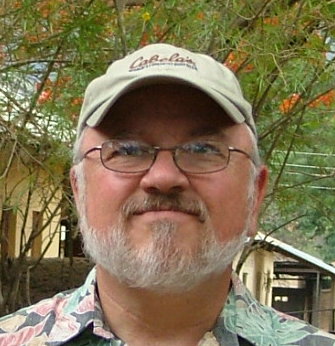Wednesday, April 25, 2007
I was about to preach at an evening service in a small church in a remote village in rural Honduras. I could barely see my notes, because the church was lit by only a few candles – all the congregation could afford, after their village was devastated by Hurricane Mitch a year earlier. Without wishing to be too graphic, the truth is that I was also fighting the worst case of diarrhea of my life! To top it off, I had just finished a bitter argument with one of my students, who refused to eat the food offered to us – because (very understandably) he didn’t want to end up getting sick like me.
In short, I was miserable! So I said to my friend and translator, “Miguel, I’m not sure I have a good message for these people tonight. So if I’m preaching badly, you just go ahead and say whatever you want to say.” Without missing a beat, Miguel responded, “Jeff, that’s what I always do when you preach.”
What power a translator has! The Italians have a saying, “traduttore traditore” – “the translator is a traitor.” I don’t know about that, but I do know that a translator has the potential to dramatically alter the meaning of the words she is using.
With that in mind, translating the words of the Bible must be a dangerous undertaking! I was thinking about the danger of translating today, after reading a comment about the book of Matthew, in David Bosch’s masterful book, “Transforming Mission: Paradigm Shifts in Theology of Mission.” Bosch focuses our attention on one of Matthew’s favorite Greek words “dikaiosyne,” which shows up in some of Jesus’ most famous sayings. For example, “…seek first the kingdom of God and his dikaiosyne, and all these things will be added to you.” (6:33)
According to Bosch, dikaiosyne can be translated as righteousness (a distinctly religious concept, suggesting a spiritual/moral quality to which we can aspire and receive from God), justification (God’s merciful act of declaring us just), or justice (our right conduct toward others, and especially those who are oppressed). All three concepts are contained in the one word, dikaiosyne. What a rich word it is! (You can continue this guest article by Jeff Johnsen HERE)
Here's the catch... We translate the scriptures with our lives, not merely with our words. We might say the right words, but how are these words translated by our lives? What we really believe is most accurately translated by our actions, not by our words. The problem with that is that... the first book of the Bible others are likely to read is the Book of You and Me. -- Bob
Subscribe to:
Comments (Atom)

